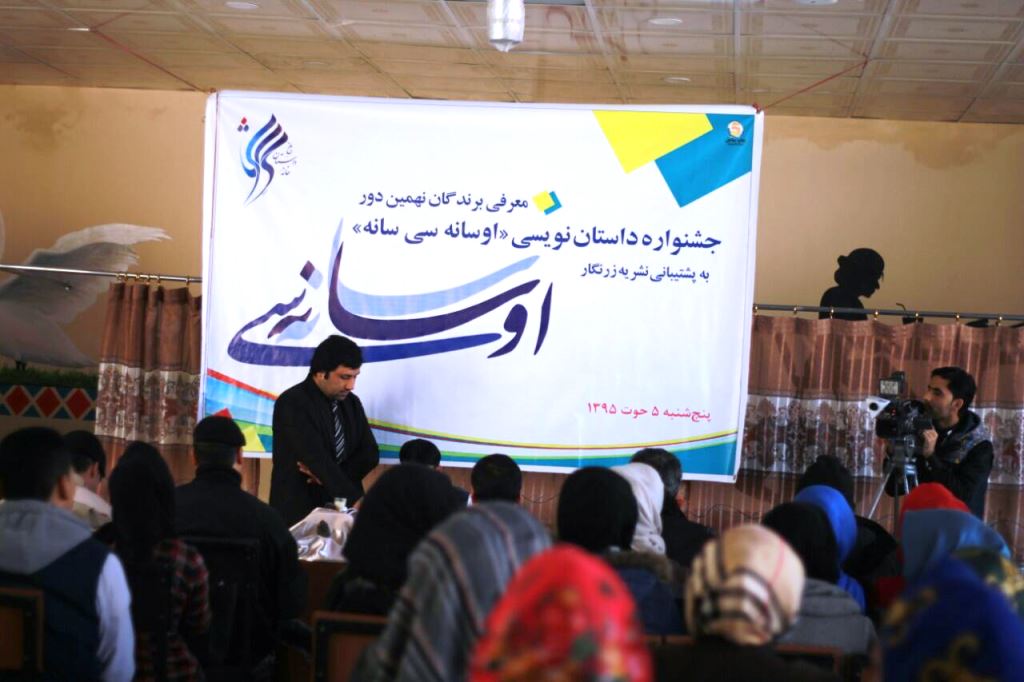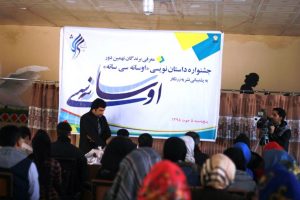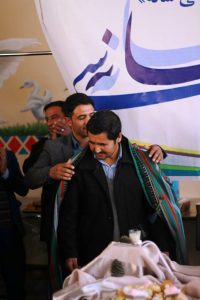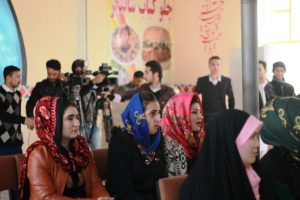“A’owsana Sisaana” is a common folk expression among Dari speaking people. With this sentence, we usually start telling our folkloric stories. The linguistic background and its history is not clear but for many generations, particularly in the cold and long winter nights, children waited to hear another fable or a fairy tale. The elders, usually grandmothers, started their fables with “A’owsana Sisaana” to attract the attention of the listeners. However, with elapsing time, these expressions became lengthier, even changed to rhymes children used to sing together.
With the decline of the storytelling, the expressions also were not used so frequently anymore. In recent years a new movement in Balkh supported by Khan-e-Dast’an Balkh (Balkh Novella House) is trying to revive the traditions and collect folkloric stories. Although it is not the first time literary figures and linguistics are trying to save declining folk culture affected by war, migration, population displacement and social upheavals, but for the first time a group of leading literary figures gathered together to encourage youths in collecting and recording folk stories.
They founded an annual literary festival with the name of “A’owsana Sisaana”. The event takes place in the last week of the year to greet Nawruz (beginning of Persian solar year), the new year. During this festival, three best works are chosen and give prizes to the writers of these works.
Taqi Wahidi, a writer, cofounder and jury member of the event believes that it is also their responsibility to encourage the study and preservation of folkloric literature: “No tree grows in a barren land; no nation will sustain without their culture and values, and no change will occur without reconciling our past and future. By forgetting our culture and by removing its main ingredients we cannot approach the future, but by incorporating them, we can create a strong base, that pushes us foreword. Our enriched culture will led us into the future. That is what we are trying to do in Khana-e-Dast’an Balkh.”
















